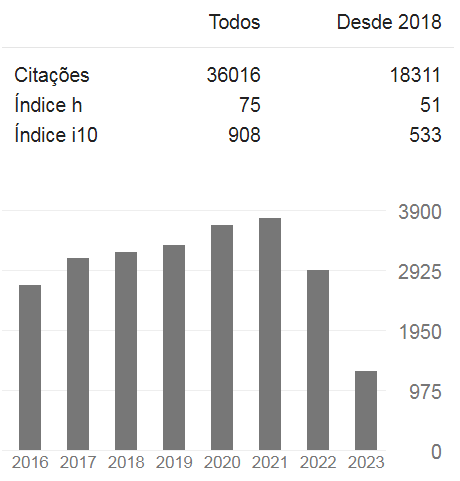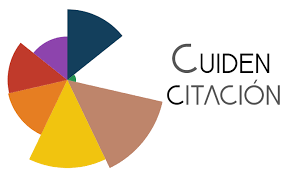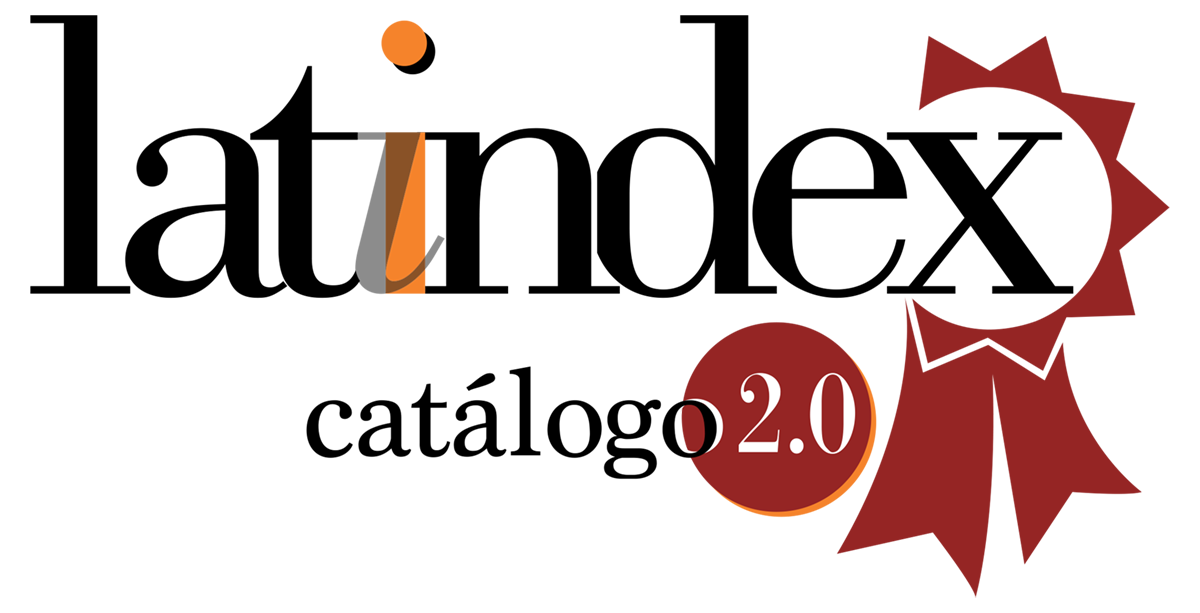Study of spontaneous demand at family health unit in a middle-sized town in the State of Minas Gerais, Brazil
DOI:
https://doi.org/10.35699/reme.v10i1.50784Keywords:
Primary Health Care, Health Services Needs and Demand, Family PracticeAbstract
This is an exploratory-descriptive study carried out in a basic health care unit in a middle-sized town in the interior of the State of Minas Gerais. The objectives were: to describe the flow of spontaneous demand; identify the main complaints and defects in reception and to propose measures of intervention to better organize the flow and widen the work of the multi-professional team. The data collected by the health technicians were taken from 1040 patient visits. The greater number was of visits to the physician (67.7%), followed by nurses (17.8%) and nursing auxiliaries (13.3%). The main procedure was discharge (64%), followed by return (21.9%). The four groups of complaints of spontaneous demand were: respiratory (25.8%), dermatological (11%), gastrointestinal (10.2%) and osteomuscular (9.1%).Downloads
Published
2006-01-01
Issue
Section
Research
How to Cite
1.
Study of spontaneous demand at family health unit in a middle-sized town in the State of Minas Gerais, Brazil. REME Rev Min Enferm. [Internet]. 2006 Jan. 1 [cited 2025 Apr. 24];10(1). Available from: https://periodicos-des.cecom.ufmg.br/index.php/reme/article/view/50784






































